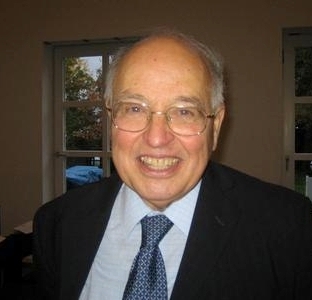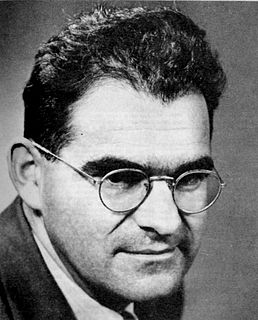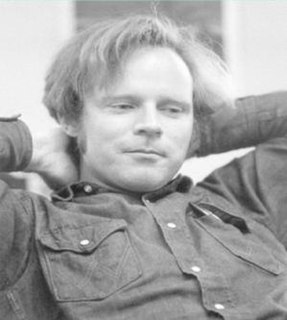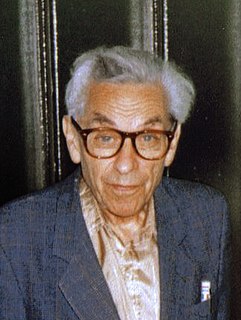A Quote by Ludwig Wittgenstein
Believers who have formulated such proofs [for God's existence] ... would never have come to believe as a result of such proofs
Related Quotes
How could it occur to anyone to demonstrate that God exists unless one has already allowed Himself to ignore Him? A king's existence is demonstrated by way of subjection and submissiveness. Do you want to try and demonstrate that the king exists? Will you do so by offering a string of proofs, a series of arguments? No. If you are serious, you will demonstrate the king's existence by your submission, by the way you live. And so it is with demonstrating God's existence. It is accomplished not by proofs but by worship. Any other way is but a thinker's pious bungling.
I think it is said that Gauss had ten different proofs for the law of quadratic reciprocity. Any good theorem should have several proofs, the more the better. For two reasons: usually, different proofs have different strengths and weaknesses, and they generalise in different directions - they are not just repetitions of each other.
Historical refutation as the definitive refutation.- In former times, one sought to prove that there is no God - today one indicates how the belief that there is a God arose and how this belief acquired its weight and importance: a counter-proof that there is no God thereby becomes superfluous.- When in former times one had refuted the 'proofs of the existence of God' put forward, there always remained the doubt whether better proofs might not be adduced than those just refuted: in those days atheists did not know how to make a clean sweep.
Mathematicians are proud of the fact that, generally, they do their work with a piece of chalk and a blackboard. They value hand-done proofs above all else. A big question in mathematics today is whether or not computational proofs are legitimate. Some mathematicians won't accept computational proofs and insist that a real proof must be done by the human hand and mind, using equations.
It is certain that those who have the living faith in their hearts see at once that all existence is none other than the work of the God whom they adore. But for those in whom this light is extinguished, [if we were to show them our proofs of the existence of God] nothing is more calculated to arouse their contempt. . . .
It is a matter for considerable regret that Fermat, who cultivated the theory of numbers with so much success, did not leave us with the proofs of the theorems he discovered. In truth, Messrs Euler and Lagrange, who have not disdained this kind of research, have proved most of these theorems, and have even substituted extensive theories for the isolated propositions of Fermat. But there are several proofs which have resisted their efforts.
It is the invariable habit of bureaucracies, at all times and everywhere, to assume...that every citizen is a criminal. Their one apparent purpose, pursued with a relentless and furious diligence, is to convert the assumption into a fact. They hunt endlessly for proofs, and, when proofs are lacking, for mere suspicions. The moment they become aware of a definite citizen, John Doe, seeking what is his right under the law, they begin searching feverishly for an excuse for withholding it from him.







































